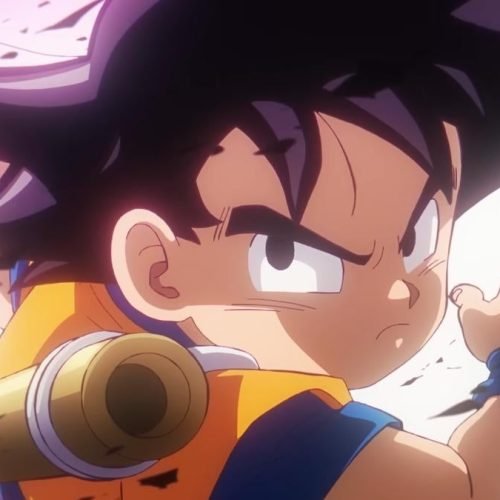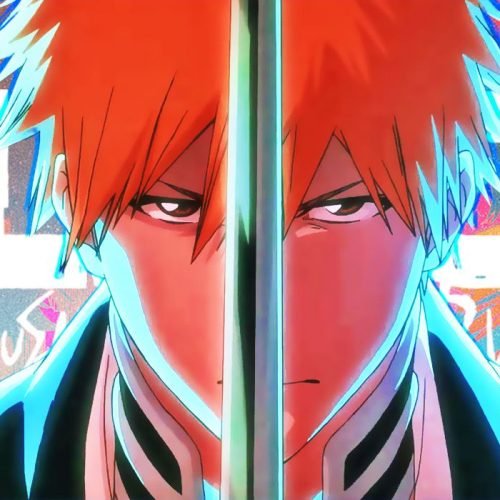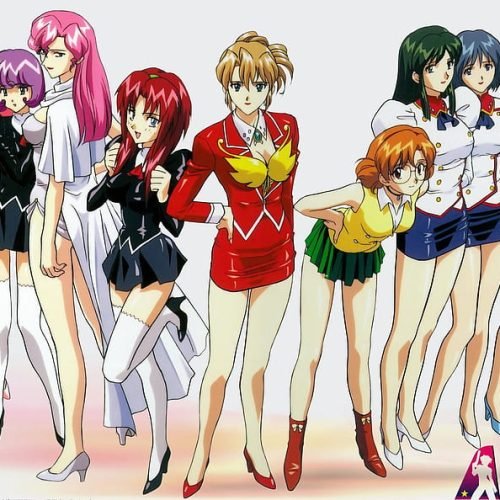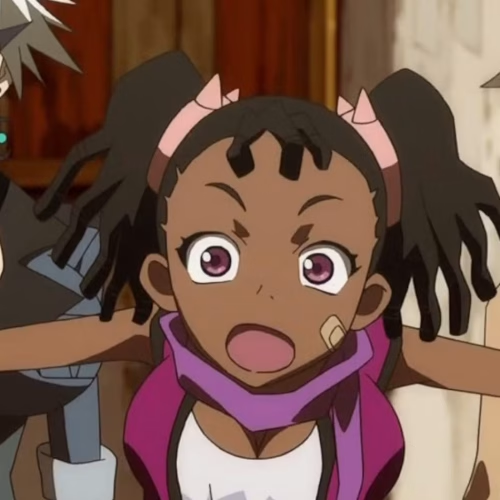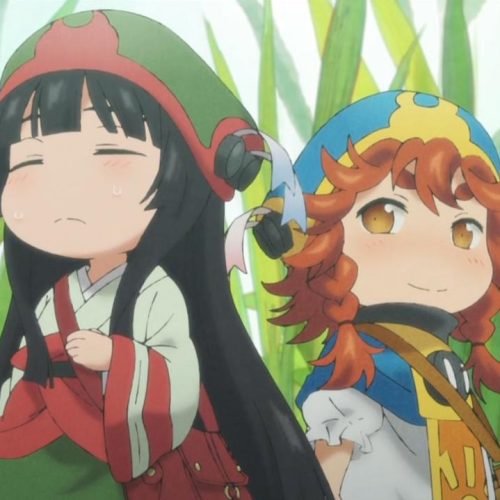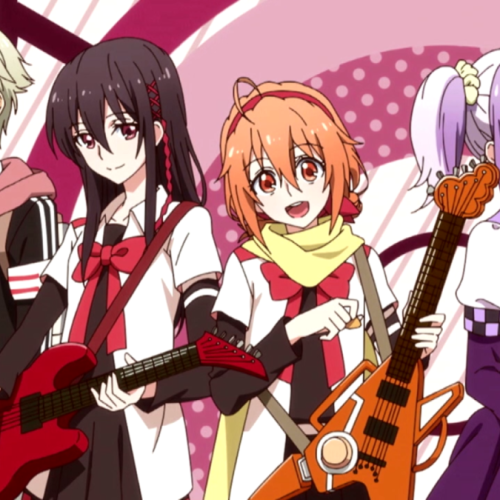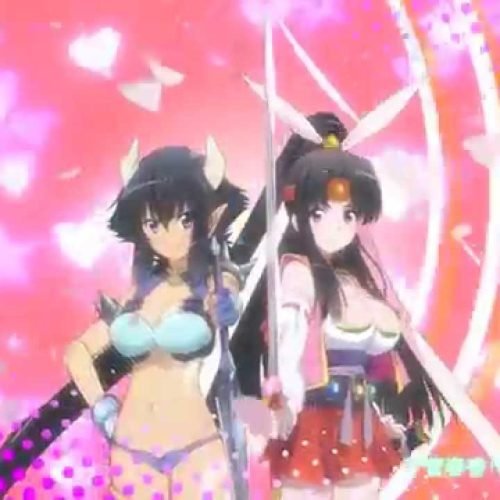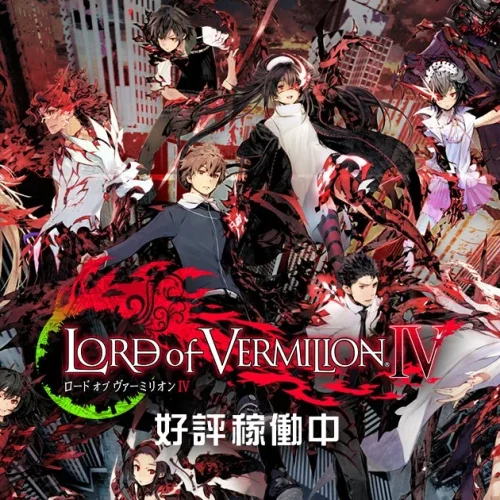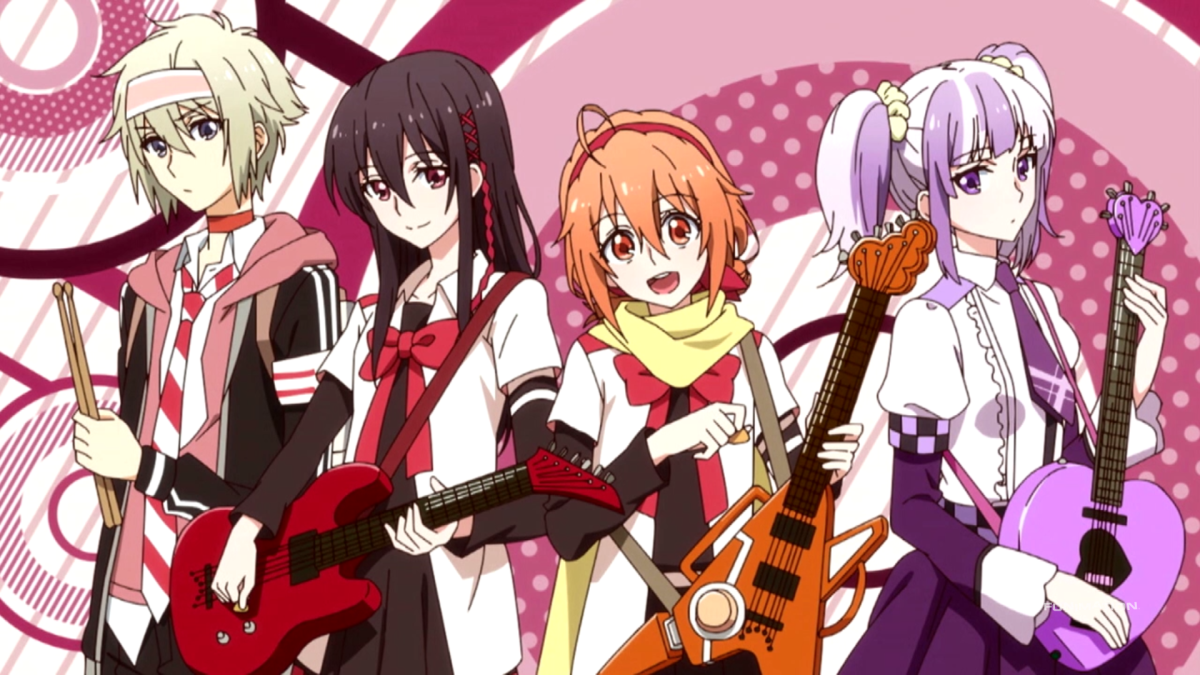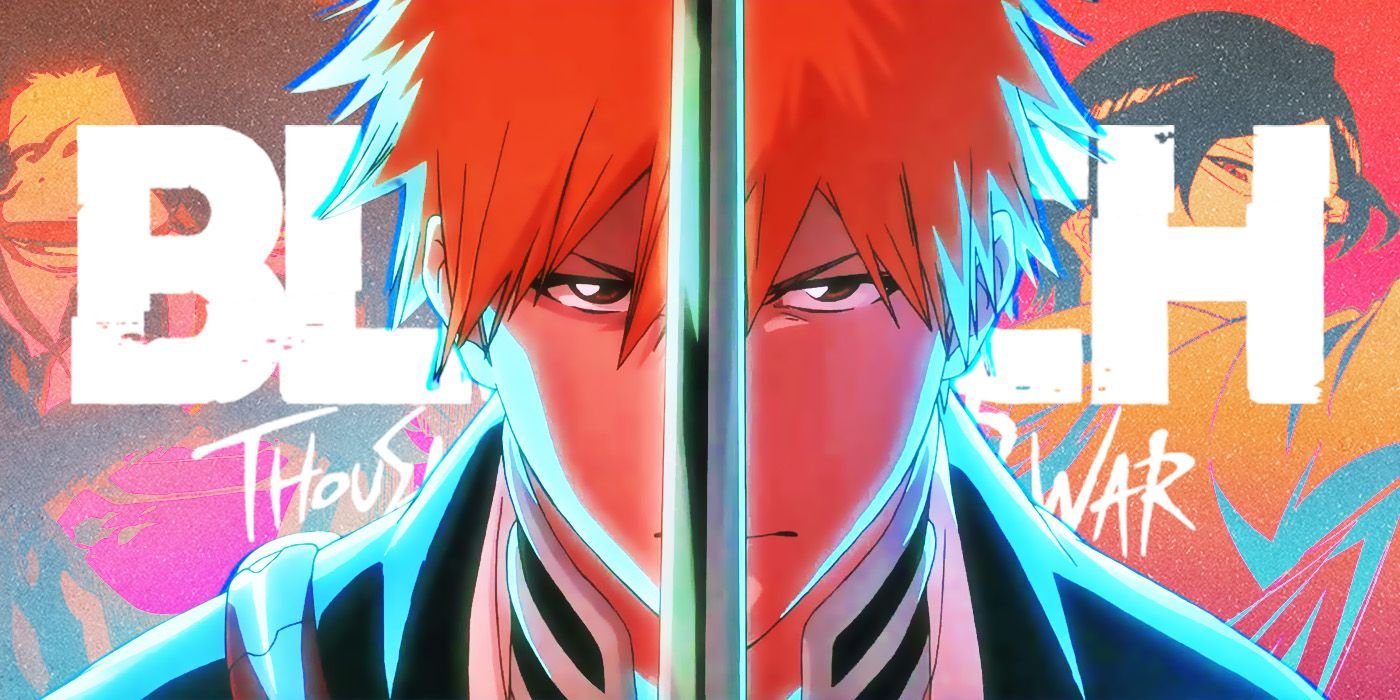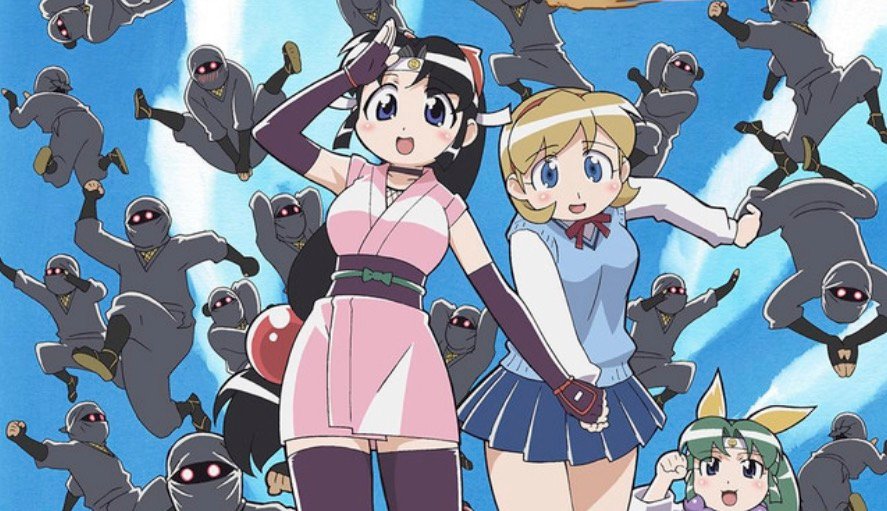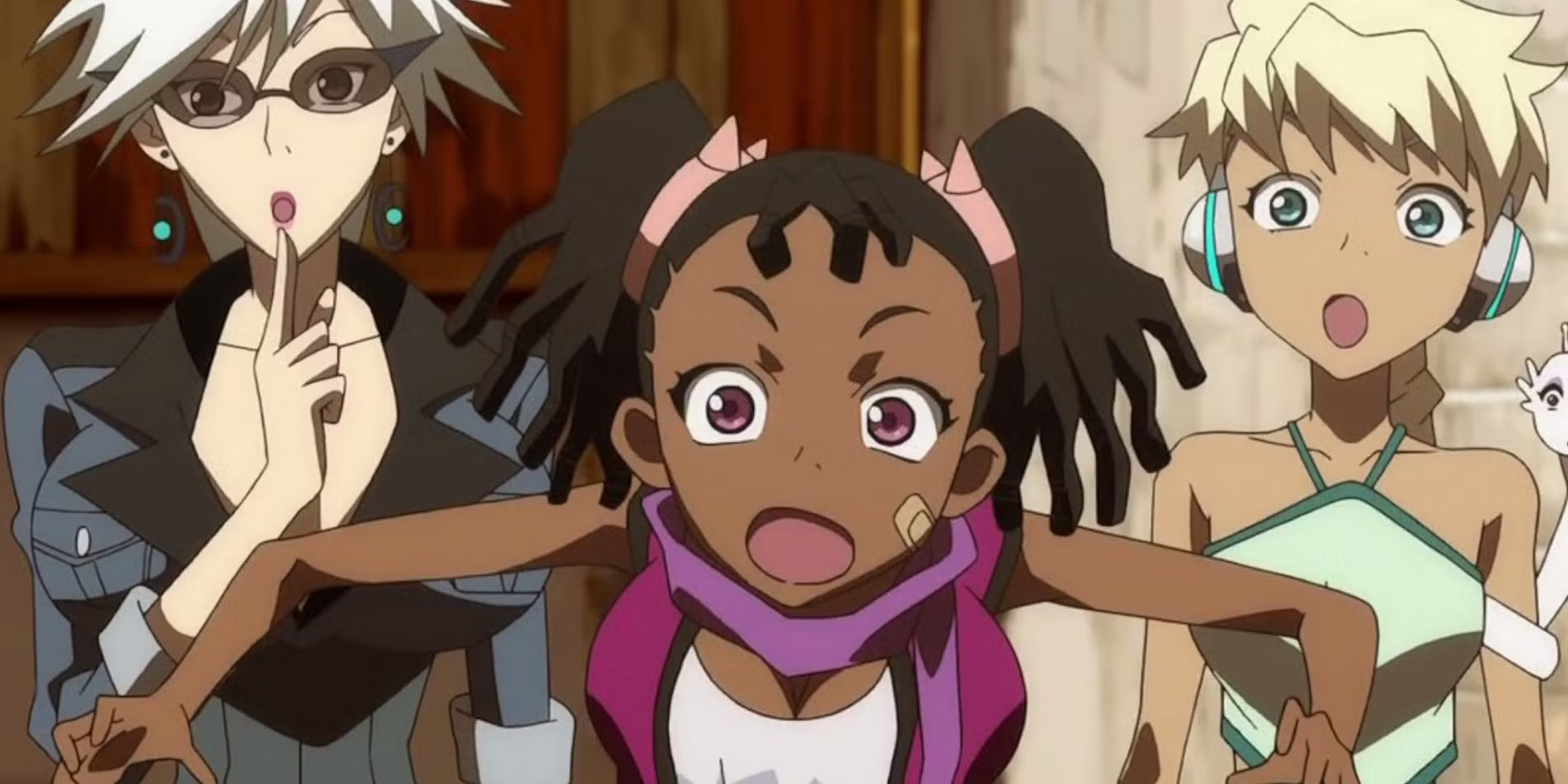Download Mikagura School Suite
Introduction
Mikagura Gakuen Kumikyoku (Mikagura School Suite) is a 2015 anime adaptation of a popular light novel series written by Last Note. and inspired by a series of Vocaloid songs. With its unique blend of supernatural battles, humor, and an energetic protagonist, the series offers a vibrant and unpredictable school life setting.
In this blog, we’ll delve into Mikagura School Suite’s story, characters, themes, and artistic style to see what makes it an entertaining yet underrated anime.
Story Overview
Eruna Ichinomiya is a carefree, daydreaming girl obsessed with video games and cute girls. When it comes time to choose a high school, she is drawn to the prestigious Mikagura Academy, mostly because she finds one of its student representatives, Seisa Mikagura, incredibly attractive.
However, Eruna quickly discovers that Mikagura Academy is no ordinary school. Instead of traditional academics, students engage in supernatural battles using unique special abilities tied to their respective club activities. With her own latent power awakening, Eruna is thrust into the world of school-wide combat, where she must fight her way to the top while forming friendships and chasing after her infatuation with Seisa.
Main Characters
- Eruna Ichinomiya: The energetic and quirky protagonist with a love for cute girls and video games. She possesses the ability to create energy-based attacks in battle, fueled by her boundless enthusiasm.
- Seisa Mikagura: The beautiful and enigmatic upperclassman who initially piques Eruna’s interest. She is reserved and distant, harboring a mysterious past that plays a crucial role in the story.
- Otone Fujishiro: A tsundere-type character who starts off as a rival but gradually warms up to Eruna.
- Shigure Ninomiya: Eruna’s cousin, who enrolls in Mikagura Academy at the same time as her. While he tries to keep up with Eruna’s antics, he often gets caught up in her chaotic energy.
- Bimii: A floating, cat-like spirit who acts as a guide to Eruna and provides comedic relief throughout the series.
Background Information
- Original Concept:
Inspired by the Mikagura School Suite Vocaloid song series by Last Note., later adapted into a light novel and manga. - Anime Production:
- Directed by: Tarou Iwasaki (One Week Friends)
- Written by: Masahiro Yokotani (Free!, The Devil is a Part-Timer!)
- Studio: Doga Kobo (New Game!, Gabriel DropOut)
- Release Date:
- Aired: April 2015 – June 2015
- Episodes:
12 episodes - Genres:
- Action
- Comedy
- School
- Supernatural
Themes and Motifs
- Friendship and Personal Growth:
While Mikagura School Suite is centered around school battles, it also focuses on self-discovery, overcoming insecurities, and building meaningful relationships. - LGBTQ+ Representation:
Eruna’s open attraction to girls, particularly Seisa, is a refreshing take in anime, providing lighthearted yet genuine representation. - Supernatural Abilities and Competition:
The anime plays with the concept of school-based battle tournaments, where club activities determine a student’s combat skills and ranking.
Visuals and Animation
- Art Style:
The anime is bright and colorful, with a playful, exaggerated aesthetic that matches its energetic protagonist. - Action Sequences:
The supernatural battles are fluid and dynamic, utilizing a mix of energy-based powers and creative club-themed attacks. - Character Designs:
Each character has a distinct look, making them easy to differentiate and remember. The expressive animations help emphasize Eruna’s over-the-top personality.
Sound and Music
- Opening and Ending Themes:
- Opening Theme: “Houkago Kakumei” by Last Note., an upbeat and energetic song that captures the anime’s lively spirit.
- Ending Theme: “Rakuen Fanfare” by Wataru Hatano, providing a more mellow but fitting conclusion to each episode.
- Background Music:
The soundtrack is filled with cheerful, high-energy tracks that fit the lighthearted and competitive atmosphere. - Voice Acting:
Juri Kimura (Eruna) delivers a standout performance, capturing Eruna’s hyperactive personality perfectly. Ai Kayano (Seisa) balances this with a calm and reserved delivery.
Strengths and Weaknesses
Strengths:
✔ Energetic and Quirky Protagonist: Eruna’s enthusiasm is contagious, making her a fun character to follow.
✔ Creative Battle System: The supernatural club battles add a fresh twist to the school-setting genre.
✔ Humor and Lightheartedness: The comedy keeps the tone upbeat and entertaining.
✔ LGBTQ+ Themes: Eruna’s attraction to girls is openly acknowledged rather than treated as a joke.
Weaknesses:
✖ Underdeveloped Story: The plot is fast-paced but doesn’t fully explore its deeper elements.
✖ Limited Character Development: Some side characters feel underutilized.
✖ Abrupt Ending: The anime concludes without fully resolving some of its mysteries, likely due to its light novel origins.


